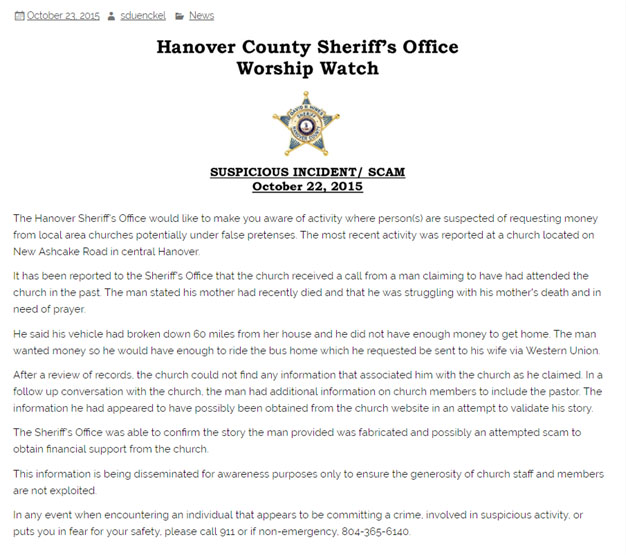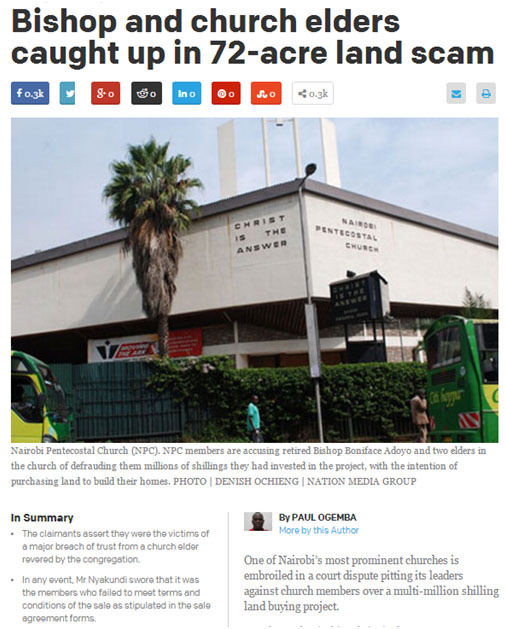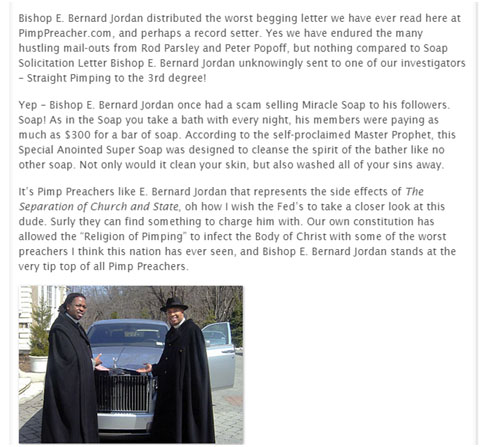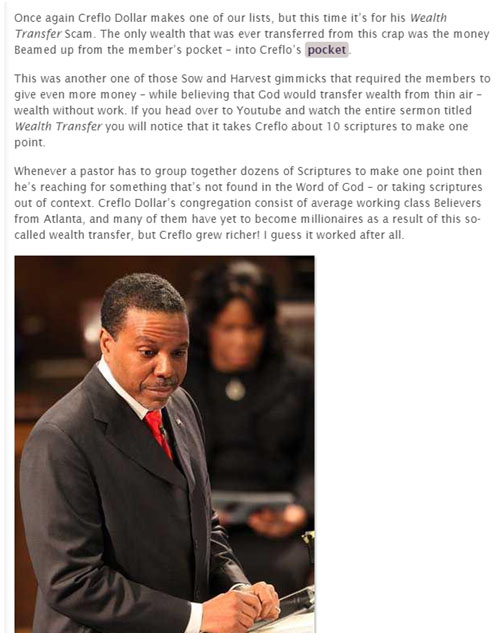Church Scams
Church scams trap well-meaning believers and cost victims millions of dollars every year—so much so that one state has labeled a particular variation of this crime its number one scam.
Religious affinity fraud also remains a widespread issue. Scammers who exploit people based on shared religious beliefs come from all backgrounds and target members of their own faith communities.

Some elderly investors were deceived into purchasing fake promissory notes by three men—two insurance agents and an investment advisor—who would often kneel and pray with their victims to gain their trust.
We are providing the Spam Checker Tool for your convenience. Here, you can enter any email address or contact number you suspect to be a scam. This tool cross-checks the information with our spam database and informs you whether the email or phone number is legitimate or fraudulent.
We have also compiled a list of reliable online scam-fighting agencies to help you stay informed about both current and past church-related scams and their variations.
If you are a victim of Ghana-based fraud, please submit the scammer’s details here.

All that you need to know about church scam :
Scams carried out in the name of religion are not new. They are among the many deceptive techniques scammers use to swindle money from innocent people. One such method is the church scam, where scammers exploit individuals' trust and belief in God to steal large sums of money under religious pretenses.
The faith, trust, and devotion that people place in religion and places of worship have unfortunately opened the door for scammers to carry out deceptive schemes. The most common religious scam is the church scam, which occurs when a group of believers—often from the same religious community or place of worship—is manipulated into donating large sums of money. This is typically done under the false pretense of religious duty or a fraudulent investment plan presented as being affiliated with a church, temple, or mosque.
Any scam conducted in the name of religion—whether at a temple, church, mosque, or among members of a congregation—is broadly classified as a church scam.

Did you know about Church Scams?
In one of the largest nationwide religious scams, churchgoers reportedly lost more than $50 million in a fraudulent gold bullion scheme. The scam was promoted within prayer halls, promising huge returns to believers.
Religious scams target members of churches, congregations, temples, or mosques, deceiving them and stealing money under the guise of faith and devotion.

Most common forms of church scam :
Nigerian church scam:
The most common form of church scam is the Nigerian church scam, also widely known as the Nigerian letter scam. In this type of fraud, Nigerian scammers approach members of churches, claiming they need assistance in transferring inheritance money from one bank to another. They often cite complications with wire transfers as the reason for needing help. To build trust, these scammers present themselves as pastors or religious leaders from well-known churches and send letters—often referred to as "Nigerian letters"—to church members. These letters typically appear convincing and legitimate to the average person, making them particularly deceptive. With the rise in Nigerian church scams, individuals must be extremely cautious when responding to such communications.
The Nigerian church scam is a form of fraud in which scammers, posing as representatives of Nigerian churches or religious organizations, fabricate emotional or religious appeals to extract money or personal information. These scams often come in the form of emails or letters, promising financial assistance, inheritance, or charitable donations tied to a supposed religious cause. The scammers request upfront fees or sensitive personal details under the pretense of helping the victim or facilitating the release of funds. In reality, there are no funds—just an elaborate con designed to exploit the victim’s trust and generosity. To avoid falling victim to such scams, individuals should be wary of unsolicited communications, verify the authenticity of the organizations or individuals involved, and never send money or share personal information with unknown sources.

Church scams � leaving churches in huge debt:
Affinity church scam:
Affinity church scam is another commonly used tactic by church scam artists. The term affinity refers to a shared understanding, interest, or belief. In this scam, fraudsters pretend to share the same religious values as members of a church or other religious organization. They often use religious slogans, claims of divine guidance, or spiritual alignment to gain trust, then convince victims to invest in fraudulent schemes that offer no real return. Common examples include Ponzi schemes, pyramid schemes, and other investment scams. The affinity church scam became particularly well-known after it was reported in Arizona in 2009.
Scams like the affinity church scam can take many forms, and new variations may emerge over time. Scammers frequently adapt their strategies, creating fresh schemes under different names or concepts to deceive people. If the term "Affinity Church scam" has gained prominence more recently, it’s important to consult reliable sources—such as law enforcement agencies, consumer protection organizations, or trusted news outlets—for the latest information and alerts.
To stay protected against scams in general, individuals should regularly check for updates from official sources and exercise caution when receiving unsolicited communications or requests for personal or financial information.

The sob story church scam:
The free equipment offers � church scam:


Other common forms of church scams:
There are many different methodologies adopted by scammers which users need to be aware of:
Scammers hijack official church email accounts to send phony messages requesting wire transfers from one account to another.
-
The scammer orders equipment and materials in the name of the church, leaving the church congregation responsible for paying large sums.
-
A pyramid scheme known as the "gifting scheme," where church members are asked to donate small gifts with the promise of receiving similar or greater gifts in return.
-
Door-to-door services carried out by scammers posing as representatives of a church or religious group. These fake church members collect advance payments for meal deliveries, clothing, or other aid for the needy—which never actually arrives.
-
Selling products in the name of God that are claimed to offer religious or spiritual benefits to members is another scam technique used by fraudsters.
-
Church cults, another form of church scam, operate under the guise of religious faith, recruiting members and convincing them to hand over all their possessions in the name of God.
Tips to avoid church scams:
-
Never wire or donate cash in response to any unsolicited letter claiming to be from a church.
-
Always read and review the full agreement or lease carefully before entering into any equipment use schemes.
-
Churches should always verify their records before acknowledging or accepting claims of association from any individual.
- Do not pay heed to financial schemes in churches from unknown members.
Church Scam everywhere. Beware!

Real life examples of church scams:


Other popular examples of church scam:
Brilliant scam � bishop T.D Jakes:

The miracle soap � church scam:
Another scammer, Bishop E. Bernard Jordan, circulated a begging letter on PimpPreacher.com. He scammed many within church circles by selling what he called "miracle soaps." Church members paid $300 per bar to the bishop, believing the soap possessed miraculous powers. According to the scammer, the soap was designed to cleanse the spirit and soul of anyone who used it.

Fake funding church scam:

Wealth transfer church scam:

Gambling church scam:
